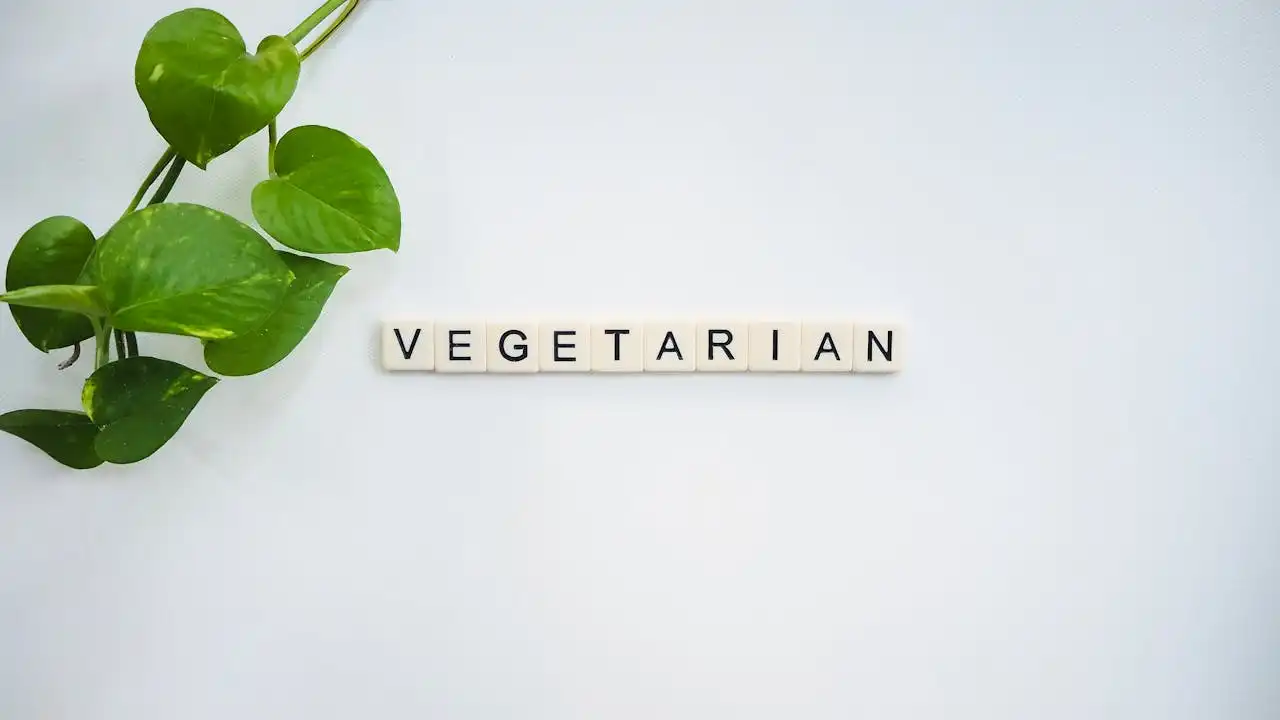The Best Protein Sources for Vegetarians: Avoid Worries, These Nutrient-Rich Meat Alternatives
Muhe - Monday, 21 July 2025 | 02:30 PM (WIB)


Legumes: The Unsung Heroes of Plant-Based Power
First up, let’s talk about the OGs: legumes. Think lentils, chickpeas, black beans, kidney beans, cannellini beans – the whole fantastic family. These aren't just humble pantry staples; they're absolute protein powerhouses, packed with fiber, iron, and a whole host of essential minerals. Seriously, if you're not loading up on lentils, what are you even doing? A single cup of cooked lentils, for example, can pack a whopping 18 grams of protein and an incredible 16 grams of fiber. That’s hitting the mark for sustained energy and a happy gut, no biggie. The versatility of legumes is just legendary. Chickpeas? Transform them into creamy hummus, roast them into crunchy snacks, or toss them into a curry. Black beans? They’re the backbone of killer burritos, hearty chilis, and even some surprisingly decadent brownies. Kidney beans are perfect for a classic chili or a vibrant salad. These guys are affordable, accessible, and an absolute game-changer for anyone looking to boost their plant protein intake. Plus, they make you feel incredibly full and satisfied, which is always a win in our book.Tofu, Tempeh, & Edamame: The Soy Superheroes
Now, let’s tackle the soy question. For years, soy has been needlessly controversial, but the truth is, these fermented and unfermented soy products are nutritional giants. They are complete proteins, meaning they contain all nine essential amino acids your body needs. Talk about a level-up! Tofu is the OG chameleon of the plant world. It’s got a super mild flavor, which might sound boring, but that's its superpower. It absorbs any marinade or seasoning you throw at it, making it perfect for stir-fries, scrambles, or even grilled skewers. Press it well, marinate, and bake or fry, and you’ll unlock its true potential. A half-cup serving of firm tofu delivers around 10 grams of protein, alongside calcium and iron. Once you nail tofu, there's no going back – it's incredibly satisfying. Then there’s Tempeh. This fermented soybean cake is a bit different. It has a firmer, chewier texture and a distinct nutty, earthy flavor that many people adore. Because it’s fermented, tempeh is also a fantastic source of probiotics, which are awesome for gut health. Gram for gram, tempeh often boasts even more protein than tofu, sometimes up to 15-20 grams per half-cup. It's fantastic crumbled into tacos, sliced and baked into "bacon" strips, or cubed into a hearty stew. And let’s not forget Edamame. These vibrant green soybeans, often found still in their pods, are the ultimate snack. Steamed with a sprinkle of sea salt, they’re perfect for movie night or a quick protein fix. A cup of shelled edamame packs about 18 grams of protein and a good dose of fiber. They're just so easy and incredibly satisfying.Quinoa: The Ancient Grain with a Modern Punch
Moving on to grains, if you haven’t hopped on the quinoa train yet, now’s your moment. This ancient grain is a standout because it's one of the few plant foods that’s a complete protein. Yes, you heard that right! It's not just a carb base; it’s practically a nutritional superstar hiding in plain sight. One cup of cooked quinoa delivers around 8 grams of protein, plus a healthy dose of fiber, magnesium, and iron. It cooks up quickly, making it a perfect base for grain bowls, a fluffy addition to salads, or even a wholesome breakfast porridge.Nuts & Seeds: Small But Mighty
Don't underestimate the power packed into these tiny titans. Almonds, walnuts, pistachios, chia seeds, flax seeds, hemp seeds, pumpkin seeds – they're all fantastic sources of protein, healthy fats, and fiber. Think of them as nature's tiny, nutrient-packed grenades. Hemp seeds, for example, are a complete protein, offering about 10 grams in just three tablespoons, along with beneficial omega-3 fatty acids. Chia seeds might look minuscule, but they’re loaded with fiber and contain a decent amount of protein too (about 5 grams per two tablespoons). Nuts and seeds are super versatile: sprinkle them over oatmeal, blend them into smoothies, top your salads, or simply munch on them as a satisfying snack. Just remember, they are calorie-dense, so a handful goes a long way!Seitan: The Wheat Meat Wizard
For those who miss the texture of meat, let me introduce you to seitan. Often called "wheat meat," seitan is made from vital wheat gluten, which is the main protein found in wheat. Now, a big heads-up here: if you're gluten-intolerant or have Celiac disease, this isn't for you. But for everyone else, seitan is a protein behemoth, often boasting around 20-25 grams of protein per 3-ounce serving. Its chewy, dense texture makes it incredibly versatile for mimicking chicken, beef, or even pork in dishes. It absorbs marinades beautifully and holds up well in stir-fries, stews, and even grilled steaks. If you're looking for something that *really* chews like meat, seitan is your jam.Beyond the Usual Suspects: Veggies & Other Gems
While the big players like legumes and soy do most of the heavy lifting, don't forget that many everyday vegetables also contribute valuable protein. Green peas, for instance, pack about 8 grams of protein per cup, along with a good amount of fiber and vitamins. Spinach, broccoli, Brussels sprouts, and corn all offer a few grams per serving, proving that every little bit adds up, right? For a cheesy, nutty flavor, try nutritional yeast – it’s a deactivated yeast that's often fortified with B vitamins and offers a couple of grams of protein per tablespoon. And for the adventurous, spirulina, a blue-green algae, is an incredibly nutrient-dense superfood, with a mind-blowing protein content, often over 50% by dry weight! A tablespoon in a smoothie can give you a significant boost.The Big Picture: Variety is Your Best Friend
Ultimately, the key to truly thriving on a vegetarian diet isn't about finding one magical protein source. It's about variety. By incorporating a diverse range of plant-based foods throughout your day – a mix of legumes, soy products, whole grains, nuts, seeds, and even those protein-contributing veggies – you'll effortlessly hit your protein targets and ensure you're getting all the essential amino acids. It’s not about obsessing over every single meal, but rather enjoying the journey of discovering new flavors and textures. Your body is smart; feed it well, and it will thank you. So, the next time someone asks about your protein, you can confidently smile and list off a dozen delicious options. Eating well as a vegetarian isn't about deprivation or worry; it's about embracing a world of vibrant, wholesome, and incredibly satisfying foods. Go forth, explore, and nourish yourself with the incredible power of plants!
Your Weekend Won't Recharge Itself: A Guide to Crushing the Energy Reset
6 months ago

The Hidden Horrors of Tear Gas: More Than Just a Fleeting Sting
6 months ago

1312: The Meaning, Origin, and Social Context of the Notorious Number
6 months ago

The Digital Tightrope: How Social Media Puts a "Double Burden" on Today's Teens
6 months ago

Say Goodbye to Awkward Texts: WhatsApp Unveils Your New AI Writing Coach
6 months ago

The Secret Weapon of Penguins: Why Their Poop is More Impressive Than You Think
6 months ago

NVIDIA Crushes New Record, Yet Market Concerns Still Exist Over "AI Bubble"
6 months ago

Your Cosmic DNA? Unpacking How Zodiac Signs Shape Who We Are
6 months ago

The Siren Song of Easy Money: Why We Can't Resist
6 months ago

Unplug and Recharge: Your Guide to Escaping the Gadget Grip
6 months ago
